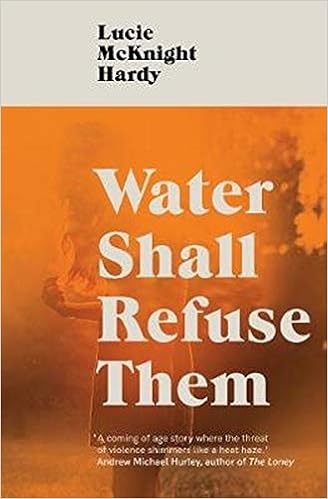The relics sat on the mantelpiece in the correct order: Robin’s egg, magpie’s egg, duckling bill and bone. Blackbird’s egg, feathers of wren…and then the space where the incantation should have continued. It niggled at me, the vacuum at the end of the rhyme an itch to be scratched. [loc. 342]
Nif (short for Jennifer) is sixteen, and looks after her four-year-old brother Lorry: their mother has withdrawn from the family after the death of Lorry's twin sister Petra, and their father, in desperation, has brought them all to an isolated cottage in Wales, for a change of scene and an escape from the suburban house where Petra died.
Nif is guided by the Creed: a kind of religion, embodied in a set of Relics which she has found (or which have found her) and demanding balance. If she breaks a cup with her right hand, she must break another with her left: if Lorry grazes one knee, he must graze the other too. Nif believes that by adhering to her growing understanding of the Creed, she'll wake up remembering the dream she dreams every night, about her little sister's death.
She becomes friends with Mally, a lad who lives in the next cottage and who, like her, is an outsider. The villagers hate Mally and his mother Janet, and blame them for an ancient visitation of the plague. Mally goes everywhere with his Polaroid Instamatic, photographing the unaware: he protects Nif from the village bullies, and tells her his secrets.
It's clear early on that Nif doesn't much care for the countryside: houses are 'clustered like flies on raw meat', sheep are 'tatty', the villagers flock and chatter like birds. But as the heatwave bakes the land, she becomes more at home in exile, and more extreme in her adherence to the Creed. Her parents, too, are changing: Linda, her mother, befriends Janet and accepts her potions and her gooseberry wine; Clive, her father, shapes and reshapes the bust of Linda that he's modelling until it barely resembles her at all.
The title can be read in several ways. This is a novel set in the summer of 1976, when England was stricken by drought, the earth parched and the rivers low. (In the novel, there's no water supply in the house: Nif has to fetch water from Janet's well.) Secondly, Nif's sister drowned in the bath. ("The accident," as Nif refers to it throughout.) And thirdly, per King James: "So it appears that God hath appointed, for a supernatural sign of the monstrous impiety of the witches, that the water shall refuse to receive them in her bosom".
I am edging around the core of the novel, Nif's practices, because I found them deeply unpleasant. This is folk horror at its strongest: much crueller than anything in Starve Acre or Little Eve. There are images in Water Shall Refuse Them that I fear will haunt me for years.
And yet, and yet: the cruelties are wholly in character, and Hardy's skilful depiction of Nif, shading from the 'good girl' who looks after her little brother to the vengeful, powerful Nif of the last pages, is pitch-perfect. Hardy's prose is rivetting and there's a splendid note of sullenness to Nif's voice. Wonderful writing, slightly too abrupt an ending, some scenes I wish I hadn't read.

No comments:
Post a Comment